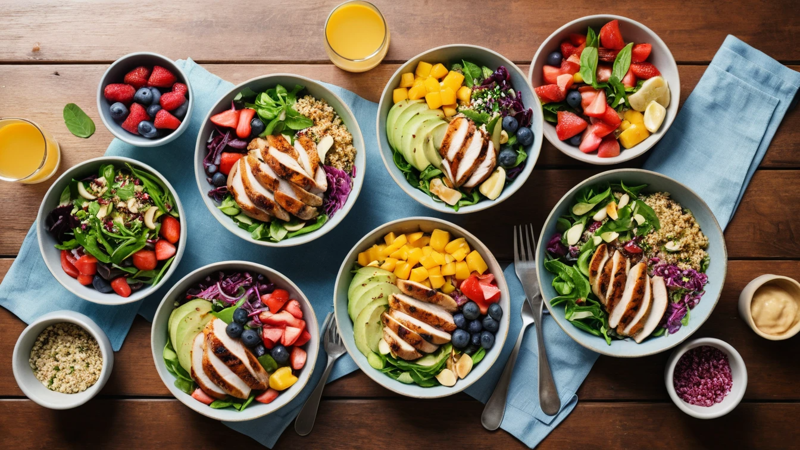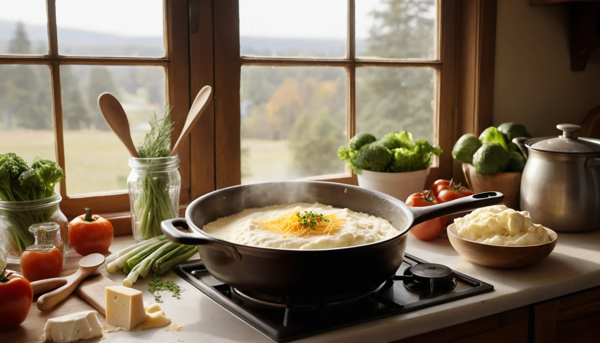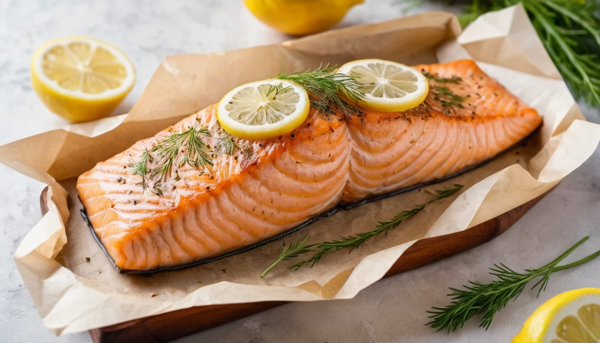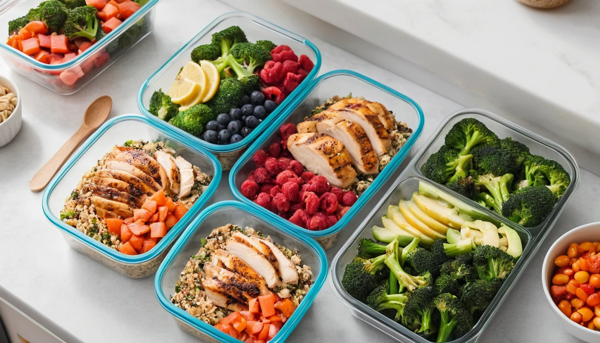Zero Waste Kitchen Ideas that actually work! Discover smart, budget-friendly tips to cut waste, save money, and live more sustainably every day.
Discover zero waste kitchen ideas that really work — from composting scraps to reusing jars and shopping smarter. These practical, easy changes help you save money, reduce waste, and create a cleaner, more sustainable kitchen. 🌿
Zero Waste Kitchen Ideas That Work 🌎
Ever looked at your overflowing trash can and thought, “There has to be a better way”? You’re not alone. The truth is, most of us throw away more than we realize — from spoiled food to plastic packaging that piles up fast. But here’s the good news: creating a zero waste kitchen is totally doable, and it doesn’t have to feel like a chore.
A zero waste kitchen isn’t about perfection. It’s about making simple swaps and smart habits that reduce what goes to the landfill. You’ll save money, cut clutter, and feel great knowing you’re doing your part for the planet. Let’s dive into the best ideas that truly work — step by step.
Understand What “Zero Waste” Really Means ♻️
“Zero waste” doesn’t mean literally zero garbage — that’s almost impossible. It’s about minimizing waste by reusing, repurposing, and composting as much as possible.
The goal? Send less to the landfill and make the most of what you already have. That means:
- Saying no to single-use plastics
- Recycling properly
- Composting organic scraps
- Shopping intentionally to avoid overbuying
When you focus on small, consistent habits, the impact adds up fast. 🌱
Start With A Waste Audit 🔍
Before you can fix waste, you need to see where it’s coming from. Spend a week noticing what lands in your trash and recycling bins.
Common culprits include:
- Food scraps and spoiled leftovers
- Plastic food wrap
- Disposable coffee pods
- Paper towels and napkins
Once you know your biggest problem areas, you can target them first. It’s like budgeting — you can’t save money until you know where it’s going.
Switch To Reusable Essentials 🥤
Replacing disposables with reusables is one of the easiest zero waste wins. You’ll save cash and reduce plastic clutter.
Try these swaps:
- Beeswax wraps instead of plastic wrap
- Cloth napkins instead of paper ones
- Glass jars or silicone bags instead of single-use containers
- Reusable coffee filters instead of paper
🪄 Pro tip: Keep your reusables within easy reach so you’ll actually use them.
Shop Smart And Avoid Packaging Waste 🛒
A zero waste kitchen starts at the store. Every choice you make while shopping has a ripple effect.
Here’s how to shop smarter:
- Bring your own reusable produce and bulk bags.
- Buy in bulk to reduce packaging waste.
- Choose glass or metal containers instead of plastic.
- Support local markets that let you refill jars and containers.
Comparison Of Shopping Options
| Type | Packaging | Waste Impact | Cost |
| Supermarket (packaged) | High | More waste | Moderate |
| Bulk store | Minimal | Less waste | Often cheaper |
| Farmers market | Low | Compostable packaging | Variable |
Shopping mindfully is one of the most powerful steps toward a zero waste kitchen. 🌾
Plan Meals To Reduce Food Waste 🥗
Meal planning isn’t just about saving time — it’s a secret weapon against food waste.
When you plan your meals, you:
- Buy only what you need
- Use up what’s already in your fridge
- Cut down on impulse buys
Try the “Eat Me First” box trick: place soon-to-expire food in a visible container in your fridge so you don’t forget it.
Store Food The Smart Way 🍎
Food lasts longer when stored properly — meaning less spoilage and less waste.
Tips for better storage:
- Keep herbs fresh by storing them in water-filled jars (like flowers).
- Use airtight containers for leftovers.
- Freeze bread, soups, and fruits before they spoil.
A little organization goes a long way — and keeps your fridge looking neat too.
Compost Food Scraps 🌿
Composting turns waste into gold for your garden. You don’t need a big yard, either.
Easy composting options:
- Countertop compost bins for small spaces
- Outdoor compost piles for larger homes
- Worm bins (vermicomposting) for apartments
Items you can compost include fruit peels, veggie scraps, eggshells, and coffee grounds. Avoid meat or dairy — they attract pests.
DIY Cleaning Products That Work 🧽
Skip the plastic bottles and harsh chemicals. You can make your own effective, non-toxic cleaners with a few basic ingredients.
Simple DIY Cleaner Recipe:
- 1 cup white vinegar
- 1 cup water
- Juice of 1 lemon or a few drops of essential oil
Use it to clean counters, sinks, and even glass. Not only do you reduce plastic, but your home smells fresh — naturally. 🍋
Repurpose And Reuse Containers 🫙
Before tossing jars, ask yourself: can this be reused?
Glass jars, tin cans, and sturdy boxes make great storage containers. Use them for:
- Leftovers and sauces
- Bulk food storage
- Organizing utensils or spices
✨ Fun idea: Decorate your jars with chalk labels or washi tape to add personality to your kitchen.
Cook From Scratch More Often 🍞
Pre-packaged foods create tons of waste — from plastic trays to film wraps. Cooking from scratch cuts packaging and lets you control ingredients.
You don’t have to cook every meal from scratch — start small. Try:
- Baking your own bread or muffins
- Making sauces, dressings, or snacks
- Freezing meals in reusable containers
Homemade tastes better, costs less, and reduces your environmental footprint.
Buy Secondhand Or Sustainable Kitchen Tools 🍴
You don’t need fancy gadgets to live sustainably.
Look for:
- Wooden or bamboo utensils
- Stainless steel straws and water bottles
- Cast iron or glass cookware
You can often find great-quality items secondhand. Thrift stores and community swap groups are goldmines for zero waste tools.
Organize A Zero Waste Kitchen Station 🧺
Create a “zero waste zone” in your kitchen to make eco-living easy.
Include:
- Reusable bags and jars
- Compost bin
- Recycling and donation bins
- A shelf for bulk food containers
This setup keeps everything visible and accessible — so sustainable choices become second nature.
Zero Waste Starter Kit
| Item | Purpose | Material |
| Beeswax wraps | Food storage | Cotton & wax |
| Reusable jars | Bulk storage | Glass |
| Cloth towels | Cleaning | Cotton |
| Compost bin | Waste reduction | Metal/plastic |
Get Creative With Leftovers 🍲
Zero waste isn’t just about storage — it’s about creativity!
Turn leftovers into:
- Soups or casseroles
- Smoothies or stir-fries
- Croutons from stale bread
If you’re unsure what to make, search “leftover recipes” online. You’ll find endless inspiration.
Ditch Paper Towels For Good 🧻🚫
Paper towels are convenient, but reusable cloths do the same job better — and last longer.
Keep a stack of washable rags or old T-shirts for spills and cleaning. Store them in a pretty basket by the sink for easy access.
When they’re dirty, just toss them in the laundry. Simple, sustainable, and stylish!
Support Local And Sustainable Brands 🌽
Where you spend your money matters. Support companies that prioritize eco-friendly packaging and ethical sourcing.
Look for certifications like:
- USDA Organic
- Fair Trade
- Plastic-Free Packaging
Supporting these brands encourages bigger companies to follow suit — small actions with big ripple effects. 🌊
Make It A Family Effort 👨👩👧
Zero waste works best when everyone’s on board. Turn it into a fun family project.
Try:
- Setting up recycling challenges
- Teaching kids to compost
- Letting everyone personalize their reusable lunch kits
When it’s fun, it sticks — and soon everyone’s proud to help.
Track Your Progress And Celebrate Wins 🎉
Going zero waste is a journey, not a sprint. Keep track of how much less you throw away each month.
Celebrate small milestones like:
- One week without paper towels
- Composting your first batch
- Successfully shopping plastic-free
It’s motivating to see your progress — and inspiring to share it with others!
Quick Reference: Zero Waste Kitchen Habits
| Habit | Benefit | Difficulty |
| Meal planning | Reduces food waste | Easy |
| Composting | Builds healthy soil | Moderate |
| Buying in bulk | Cuts packaging | Easy |
| DIY cleaners | Saves money | Easy |
Conclusion 🌼
Living with less waste doesn’t mean living with less comfort. In fact, a zero waste kitchen often feels more peaceful — fewer plastics, more space, and cleaner air.
Start small, stay consistent, and celebrate each change you make. Whether it’s composting scraps, swapping paper towels, or cooking more at home, every effort counts.
Your kitchen can become a hub of sustainability, creativity, and inspiration — one eco-friendly choice at a time. 💚
FAQs About Zero Waste Kitchen Ideas
- How do I start a zero waste kitchen at home?
Start small by replacing single-use items with reusables, composting food scraps, and buying in bulk. Focus on one change at a time for lasting results. - What are the easiest zero waste kitchen swaps?
Switch to beeswax wraps, glass jars, and cloth towels. These simple swaps make an immediate difference in reducing plastic waste. - How can I store food without plastic?
Use glass containers, silicone bags, or stainless steel tins. You can also repurpose old jars for dry goods or leftovers. - Can zero waste living save money?
Yes! Buying in bulk, cooking from scratch, and reusing containers cuts waste and grocery costs over time. - How do I make cleaning products naturally?
Mix vinegar, water, and lemon juice or essential oils. This simple DIY cleaner works on most surfaces and keeps your kitchen toxin-free.










Leave a Reply